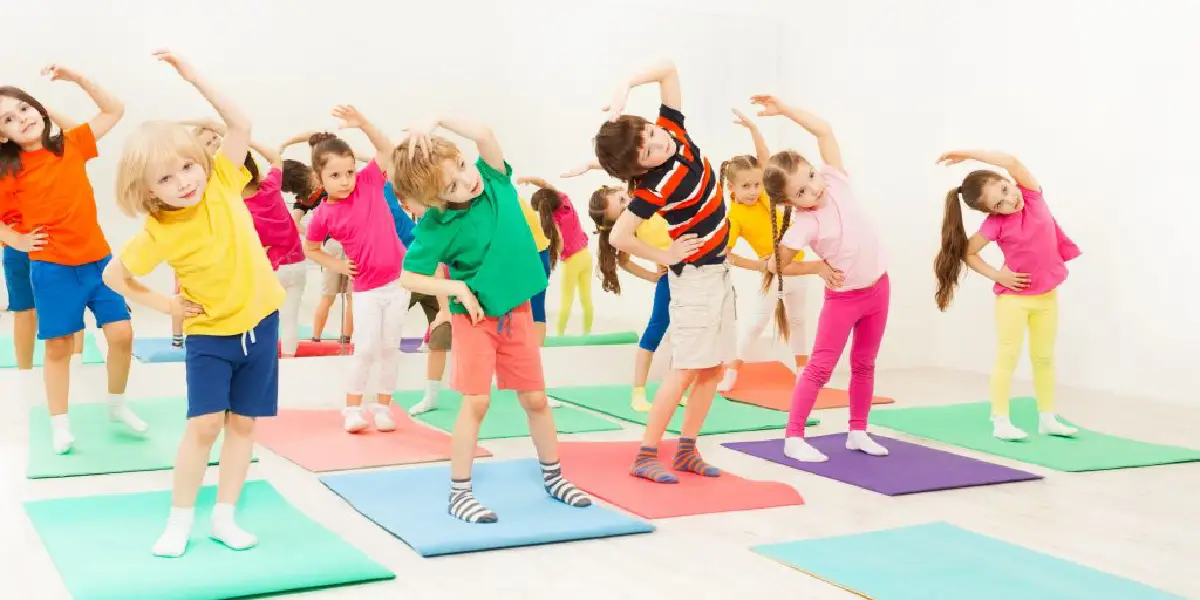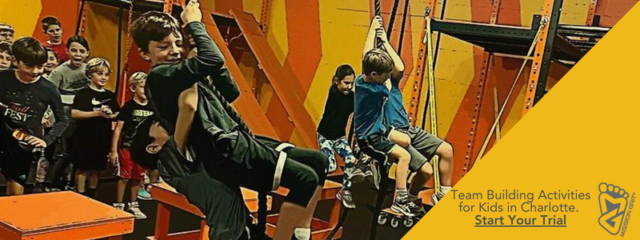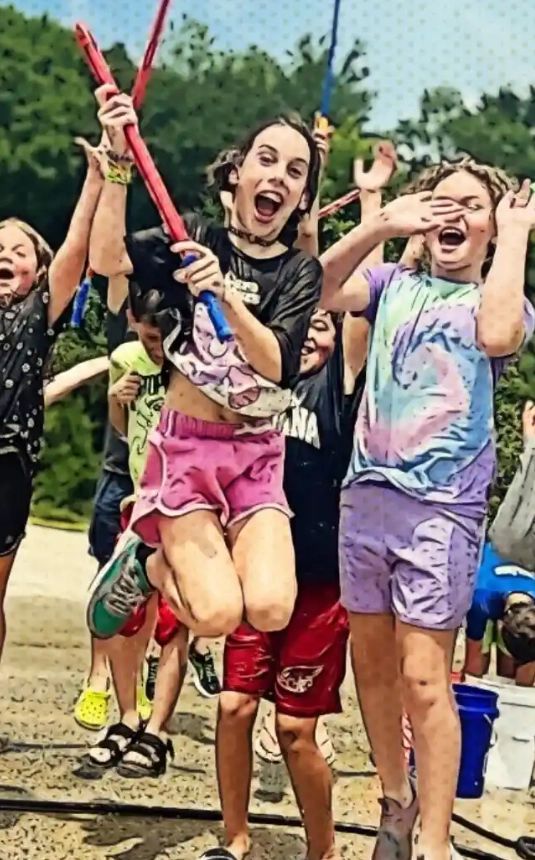How Regular Exercise Boosts Your Child’s Academic Performance
Engaging in sports and physical activity has been linked to various benefits, including improvements in cognitive function, memory, concentration, behavior, and academic achievements, especially in children. Although the effects may differ from those observed in adults, encouraging your child to be more active is a straightforward approach to fostering their enjoyment of the physical activity. Examining the physical and mental advantages of participating in team-building activities and sports is essential to understand better the correlation between increased physical activity and academic performance.
How does increased physical activity correlate with improved academic performance?
There is an ongoing debate about the impact of physical activity on academic performance, with some suggesting it has no effect. Nonetheless, several studies have demonstrated a positive association between regular physical activity, better mental and intellectual functioning, and a lower risk of illness. However, the relationship between physical activity and academic performance is not straightforward. While being highly active can result in difficulty concentrating in class, using physical activity as a stress-relief tool can improve focus and performance in school.
How can physical activity enhance one’s ability to concentrate?
Concentration refers to the ability to focus on a specific task while disregarding other distractions. Enhancing concentration entails developing two cognitive functions: continuous attention and executive function. Studies have indicated that physically fit children demonstrate superior focus compared to their less active peers.
Students with attention deficit hyperactivity disorder (ADHD) often face difficulties in school due to the demand to remain still and attentive. Therefore, engaging in activities that challenge their bodies and minds, such as obstacle courses, ballet, summer camps, and martial arts, can benefit children with ADHD.
To improve mental states
Recognizing the correlation between school athletics and academic performance is crucial.
Exercise can increase dopamine and serotonin levels, promoting feelings of relaxation and happiness in children.
Additionally, vigorous exercise can contribute to brain growth, inflammation reduction, and the formation of new neural connections, which can lead to a sense of calm and well-being.
Positive emotions such as happiness and contentment can broaden one’s perspective and stimulate curious thinking and behavior. They can enhance an individual’s ability to generate solutions that involve thinking beyond the present situation and increase the likelihood of noticing details in their environment. By cultivating mindful awareness of their immediate surroundings, children can achieve a state of “flow” characterized by peak involvement and attention.
Better learning abilities
A positive and mutually beneficial relationship exists between physical activity and cognitive ability.
Multiple studies have found that physical fitness significantly predicts academic achievement.
Furthermore, children who participate in sports perform better academically and develop emotional regulation skills that enable them to manage negative emotions constructively.
However, excessive physical exertion can harm academic achievement, especially if it becomes a regular occurrence. Chronic fatigue can cause memory problems and difficulties with concentration, disrupting intercellular communication in the brain. As with most things in life, moderation is key.
Try to experience Mission Grit in Charlotte
Just like children need to be taught to read and write, it’s equally essential to teach them basic gross motor skills to excel in both academics and athletics. In addition, engaging in physical activity has been proven to improve mental clarity, motivation, focus, memory, reasoning, positive attitudes and behavior in the classroom, and language skills.
Register them for a free trial session at Mission Grit in Charlotte to witness an improvement in your child’s academic achievement and physical activity. Our classes are available for children from kindergarten to eighth grade. Discover our groundbreaking approach to fitness training and the benefits of participating in our challenging activities. You can contact us at 704-733-9103 for more information.




